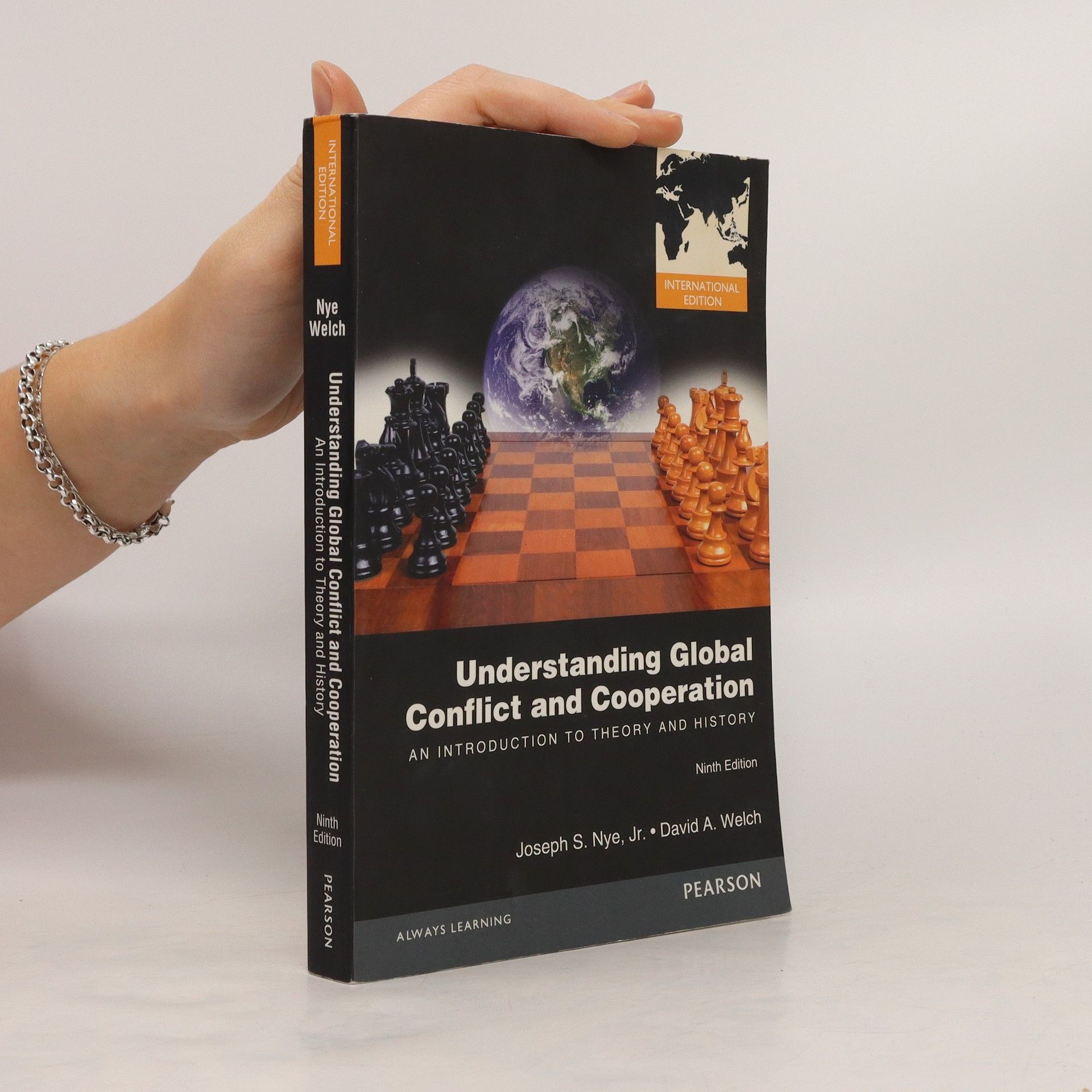Understanding Global Conflict and Cooperation
- 384 stránok
- 14 hodin čítania
Chapter 1. Are There Enduring Logics of Cooperation in World Politics? Chapter 2. Explaining Conflict and Cooperation: Tools and Techniques of the Trade Chapter 3. From Westphalia to World War I Chapter 4. The Failure of Collective Security and World War II Chapter 5. The Cold War Chapter 6. Post-Cold War Cooperation, Conflict, Flashpoints Chapter 7. Globalization and Interdependence Chapter 8. The Information Revolution and Transnational Actors Chapter 9. What Can We Expect in the Future?
